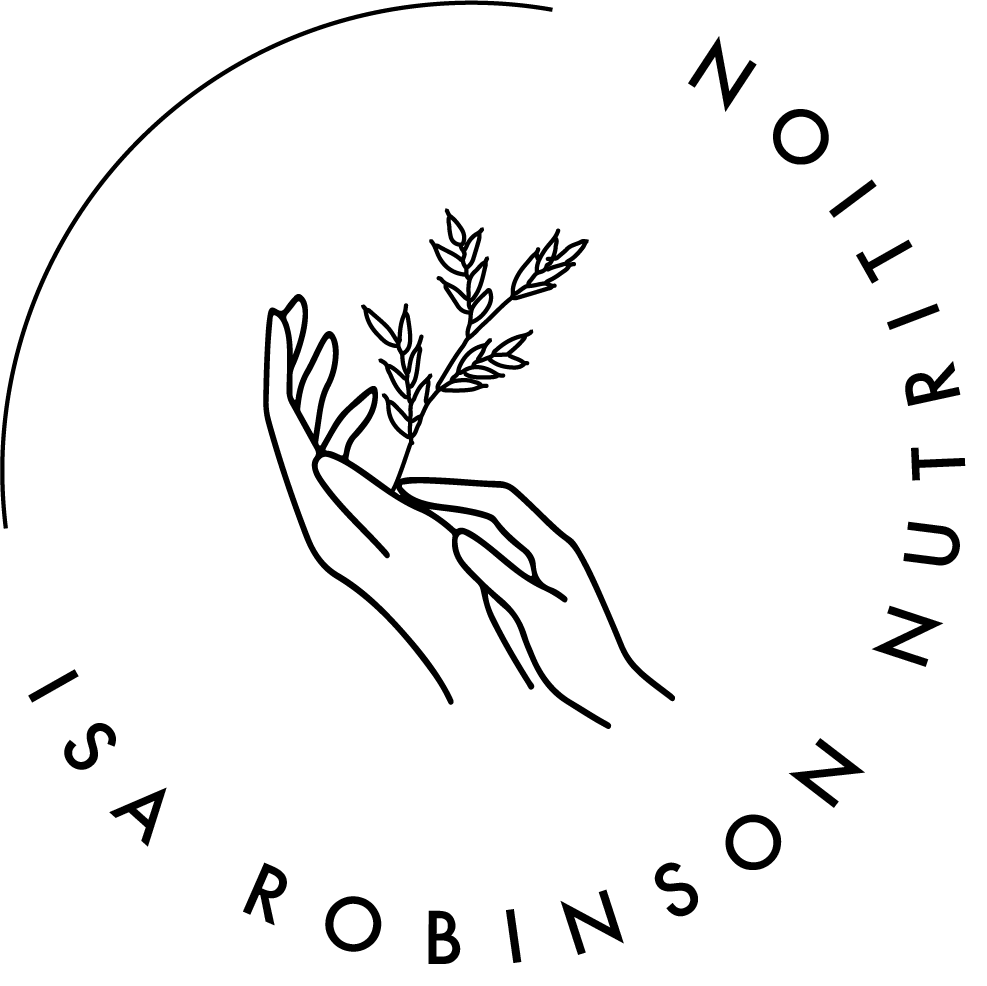For the last time - Why refined sugar free is not a thing
“No refined sugar' is the most recent label to be brandished all over food packaging. But what is no refined sugar? Most of us think of it as “healthier” sugar like honey, maple syrup or other (probably quite expensive) alternative. But what does the science say?
On the ground, nutrition professionals agree that refined and non refined sugar is very misleading for people, and in reality, we need to start using the terms 'free' and 'non-free' sugar.
So what's the difference?
Non-free sugar
Non-free sugars are sugars naturally contained within the cell structure of food.
For example, sugar in fruit and vegetables, starchy carbohydrates, grains, and the lactose in dairy products. Because these sugars are contained within the cell wall, our bodies have to work harder to release them which means we don't get such an elevation in blood sugar levels.
I'm sure you can tell from the foods I've listed, these non-free sugars are not something to limit or avoid. Many of these food items are highly nutritious and contain plenty of fibre (which most of us in the UK don't get enough of), as well as vitamins, minerals, and phytochemicals.
Free sugar
Free sugars are sugars that are not contained within the cell structure of food. For example sugars added to baked goods, or sugars that might be released from the cell structure during processing. For example, when fruit is turned into fruit juice.
When public health campaigns talk about reducing sugar intake, they are talking about free sugars. Because free sugars are not contained within the cell structure, they can result in a more rapid rise in blood sugars. In addition, they are associated with less objectively nutritious foodstuffs and tooth decay.
Where does refined sugar come in?
Just FYI, so-called 'healthy' sugars, including honey, maple syrup, coconut sugar, agave, brown rice syrup, etc etc, are free sugars. They are often branded “healthier” because they contain trace amounts of nutrients. The problem is that you’d be having to consume vast quantities of sugar to obtain any benefits - which isn’t recommended. When brands label products as containing no refined sugar, it doesn't really make sense, because these free sugars act the same as table sugar once inside the body. Caster sugar is also cheaper.
Does this mean I have to avoid free sugar completely?
Not at all. When we restrict food items, we begin to crave them more, which means when we do give ourselves permission or cave in, we end up overdoing it and feeling out of control. Anyone who’s overdone the chocolate box on Christmas day because it’s the one day of the week they allow themselves chocolate will know this feeling well.
NHS guidelines
The NHS recommends looking for foods that contain less than 5g free sugar per 100g.
Adults: less than 30g free sugar per day, which equated to roughly seven sugar cubes.
Children: less than 24g per day, roughly six cubes.
Children four to six years: less than 19g per day, roughly five cubes.
However, what's more important than getting weighed down in the numbers is thinking about a diverse and varied diet full of plenty of different foods and food groups. Of course, you don't want sugar to be the only thing you eat, I'm sure you wouldn't feel good if it was. But giving yourself permission to enjoy it free from guilt is also important.
To conclude
Labelling foods as refined sugar free is misleading.
Instead, we should talk about free and non free sugars
In excess, free sugars may have adverse health impacts, however, free sugars can absolutely be part of a diverse and balanced diet.
